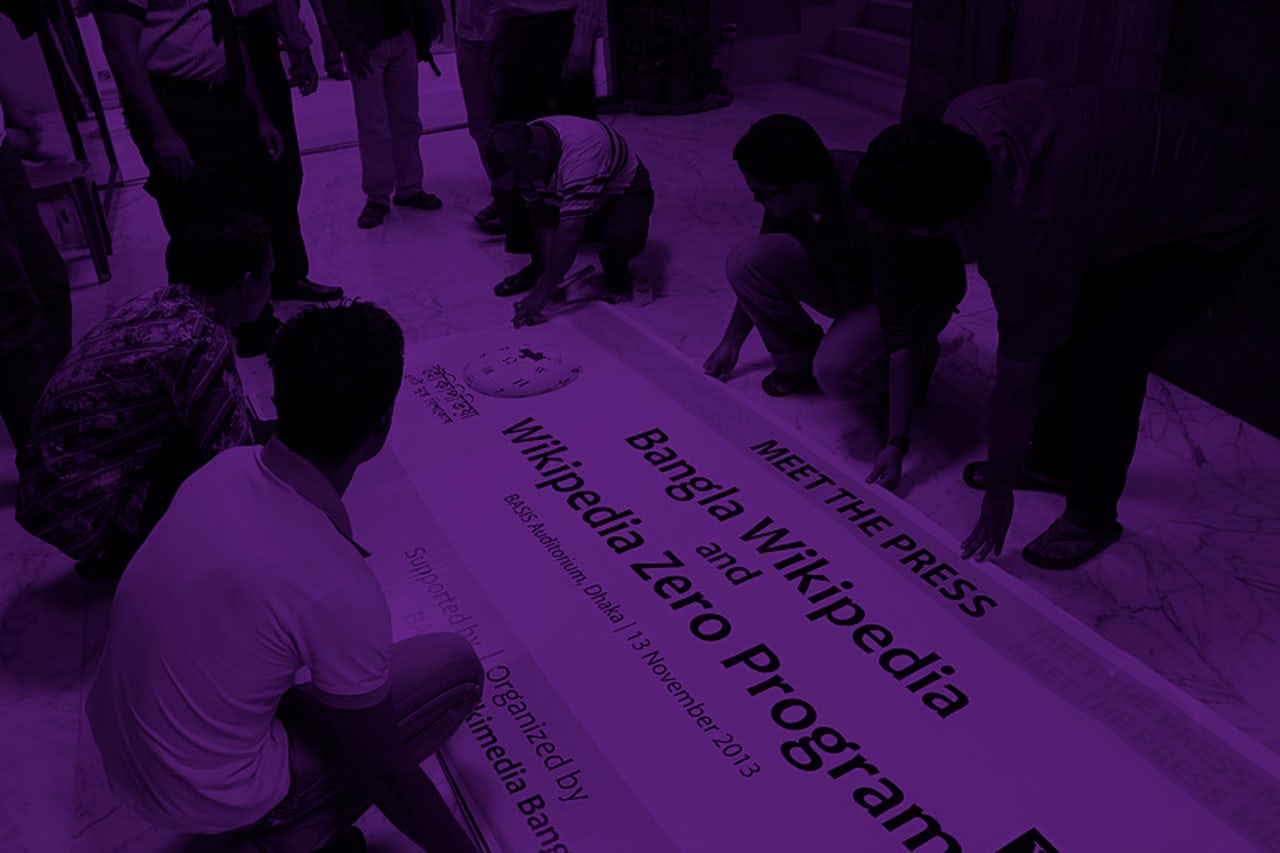Wikipedia announced on Friday that it would be ending its six-year Wikipedia Zero program, where customers of 92 global mobile carriers in 72 countries could access Wikipedia without it counting against their data plans. The program gave 800 million people in select countries free access to Wikipedia.
The countries in the Wikipedia Zero program — which included India, Malaysia, and Niger — have populations that are more likely to use phones than computers to access the internet. At the time of Wikipedia Zero’s launch, 85 percent of phones sold worldwide were internet-capable, but only 15 percent of people paid to access internet data. By giving preferential access to Wikipedia, the Wikipedia Zero program arguably promoted the antithesis of net neutrality: mobile carriers would provide unrestricted access to the site without charging customers the related data fees. But the service gave access to an enormous repository of information (even if content was not available in every local language).
However, according to the Wikimedia Foundation’s February 16th blog post, the Wikipedia Zero program has had a drop-off in use since 2016, which the press release attributed to shifting data costs and low awareness that Wikipedia exists.
“To create all the world’s knowledge, we need participation from the world,” the post reads. “However, we know that there are many barriers to making this vision a reality, data affordability being just one.”
In the United States, the stakes regarding net neutrality are very different than they are in other countries. There’s a known history of telecom giants such as Comcast and AT&T throttling data speeds to particular sites, public support for net neutrality is very nearly unanimous, Ajit Pai’s narrative against net neutrality is grounded in a false narrative about corruption in the Obama administration, and the Congresspeople who voted to repeal net neutrality received money from telecom lobbyists. This is why Wikipedia, along with other digital media companies, have advocated for net neutrality in the US.
However, on a global scale, the morality of net neutrality becomes more muddled — it’s unclear whether the end of Wikipedia Zero is more of a “win” for net neutrality, or a loss for global equality in information access.
